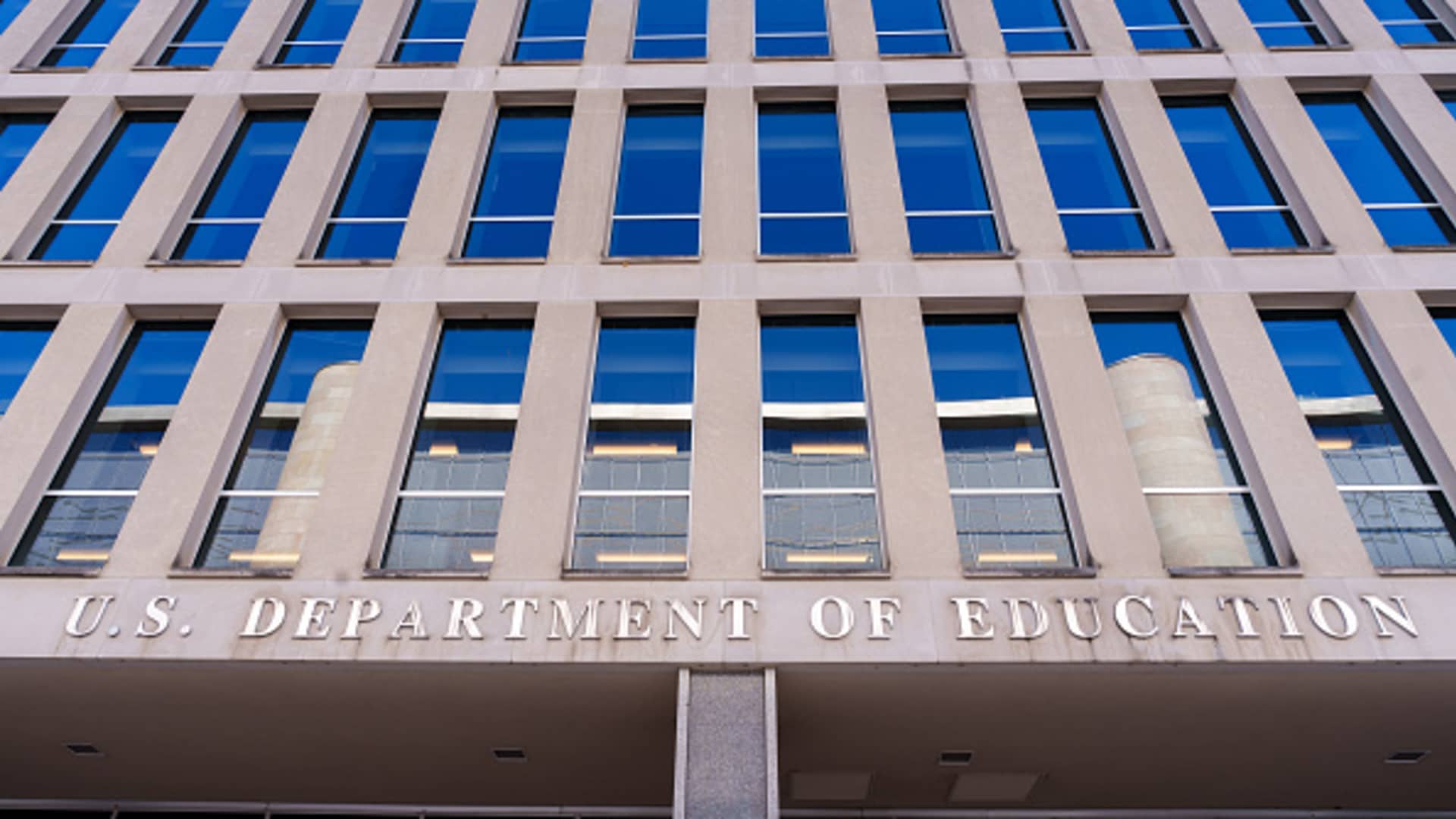If your current federal student loan servicer is Mohela, or the Missouri Higher Education Loan Authority, the U.S. Department of Education said it will soon transfer some student loan borrowers to different servicers.
Here’s what you should know about the change.
Change impacts Mohela borrowers
The Education Department began transferring a portion of Mohela’s borrowers this week to different companies, it said in an April 29 blog post.
More than 1 million borrowers may be impacted.
“A different servicer will begin managing these loans and assisting these borrowers,” the department said.
The Education Department contracts with different companies to service its federal student loans, including Mohela, Nelnet and EdFinancial. It pays the servicers more than $1 billion a year to do so, according to higher education expert Mark Kantrowitz.
Why the transfer is happening
Mohela requested the transfers, the Education Department said, but the company has also been a magnet for controversy of late.
At the end of October 2023, the government accused the servicer of failing to send timely billing statements to 2.5 million borrowers when the Covid-era pause on payments expired, resulting in more than 800,000 borrowers becoming delinquent.
The Education Department withheld $7.2 million in payment to Mohela for its error.
“The disruption to Mohela’s servicing last fall may have been caused by capacity issues,” Kantrowitz said.
More from Personal Finance:
Advice about 401(k) rollovers is poised for a big change. Here’s why
IRS free filing pilot processed more than 140,000 returns, commissioner says
Here’s why new home sales inch higher despite 7% mortgage rates
In February, the Student Borrower Protection Center and the American Federation of Teachers published a joint report titled, “The Mohela Papers,” finding that four in 10 student loan borrowers in repayment serviced by Mohela “experienced a servicing failure since loan payments resumed in September 2023.”
On April 10, the U.S. Senate Committee on Banking, Housing and Urban Affairs Subcommittee on Economic Policy held a hearing about Mohela’s performance as a student loan servicer.
“Today, Mohela surrendered more than 10 percent of its total loan servicing business, showing that its executives now recognize what borrowers have long understood: Mohela’s position as a leader in the student loan industry was a mistake,” Mike Pierce, the executive director of the Student Borrower Protection Center, said in a statement.
Officials at Mohela did not immediately respond to a request for comment.
Pierce added that he hopes Education Secretary Miguel Cardona “builds on this progress and continues to protect borrowers by stripping the scandal-plagued firm of its remaining business.”
After the transfers, Mohela will still service the federal student loans of at least 6 million borrowers, Kantrowitz estimates.
What borrowers should do amid transition
Borrowers who are being transferred to a different servicer should receive alerts from Mohela and their new servicer, the Education Department explained.
They will then need to establish an online account with their new servicer.
If you were enrolled in automatic payments with your servicer, which usually leads to a small discount on your interest rate, you may need to reenroll, Kantrowitz said.
If a borrower has a problem with their servicer, they can submit a complaint to the Department of Education’s Federal Student Aid unit.
